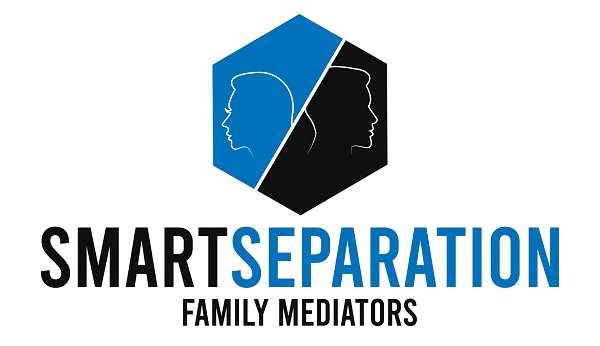High-Conflict Divorce? How Family Law Mediation Helps Toronto Couples Cope
May 23, 2025
High-conflict divorces are unfortunately common across Ontario, especially in large urban centres like Toronto where stressors such as financial pressure, housing disputes, and parenting disagreements often intensify.
There’s a common belief that mediation only works for “amicable” separations—but that’s a misconception. In fact, many high-conflict couples in Toronto are successfully resolving their disputes with the help of a trained Toronto Family Mediator.
Here’s how family law mediation helps Toronto couples facing high-conflict divorce:
Mediators Trained in Conflict De-Escalation
Neutral ground rules established early – A skilled Toronto Family Mediator begins each case by setting clear, respectful boundaries that guide behaviour and communication throughout the process. These rules help prevent escalation and ensure both parties feel heard and respected.
Techniques for managing emotions safely – Mediators use conflict resolution strategies such as active listening, reframing, and time-outs to reduce tension. In high-conflict situations, techniques like shuttle mediation—where parties are kept in separate rooms—can also be used to maintain a calm environment.
Keeping discussions goal-oriented – Rather than allowing sessions to spiral into blame or past grievances, a trained mediator steers the conversation toward productive, future-focused outcomes. The emphasis remains on resolving key issues like parenting, finances, and property division under Ontario family law.
Structured Sessions Reduce Chaos
Clear agendas for every session – A seasoned Toronto Family Mediator outlines the goals of each meeting in advance, ensuring both parties understand what will be discussed. This structure helps reduce anxiety and creates a predictable framework for progress.
Time limits and topic management – Sessions are carefully timed, with specific issues addressed one at a time. Mediators manage pacing to prevent emotional overwhelm and keep both parties engaged without burnout.
Redirection techniques to maintain focus – When conversations veer off course or become emotionally charged, mediators use proven redirection methods—such as summarizing key points or returning to the agreed-upon agenda—to guide participants back to constructive dialogue.
Focus on Interests, Not Blame
Helping spouses articulate underlying needs – A skilled Toronto Family Mediator encourages each party to move beyond surface-level demands and express the core concerns driving their positions—whether related to parenting, finances, or emotional security.
Moving away from accusations and fault-finding – Mediation shifts the focus from who is “right” or “wrong” to what matters most going forward. Instead of reliving past grievances, the process encourages constructive problem-solving based on shared goals.
Building a framework for compromise – By identifying mutual interests, mediators help high-conflict couples explore practical solutions that address both sides’ needs. This interest-based approach leads to more durable agreements and reduces the chance of future disputes.
Options for Shuttle Mediation
Separate rooms or virtual sessions – In high-conflict cases, a Toronto Family Mediator may conduct shuttle mediation, where each party remains in a separate room or participates remotely. The mediator moves between them to relay information and proposals.
Reduces direct confrontation – By eliminating face-to-face interaction, shuttle mediation minimizes the risk of hostile exchanges, allowing parties to focus on the issues without emotional triggers or intimidation.
Increases emotional safety for both parties – This format is especially helpful when there’s a history of verbal aggression or significant power imbalances. It allows each person to express themselves more openly and make decisions without pressure.
Building Communication Strategies for the Future
Practical tools for co-parenting peacefully – A Toronto Family Mediator equips parents with communication techniques such as using neutral language, structured dialogue, and conflict resolution skills that support healthier interactions post-separation.
Setting clear boundaries and expectations – Mediators guide couples in establishing respectful boundaries around communication, parenting responsibilities, and decision-making, reducing future misunderstandings and minimizing conflict.
Support in crafting long-term parenting plans – Mediators help develop detailed parenting plans tailored to the needs of Toronto families, addressing schedules, holidays, decision-making authority, and dispute resolution mechanisms to promote stability and cooperation.
As an experienced family and divorce mediator in Toronto, I often write blogs to provide insights, tips, and resources on family mediation and divorce in Ontario. Follow my blog to stay informed and empowered during challenging times.



